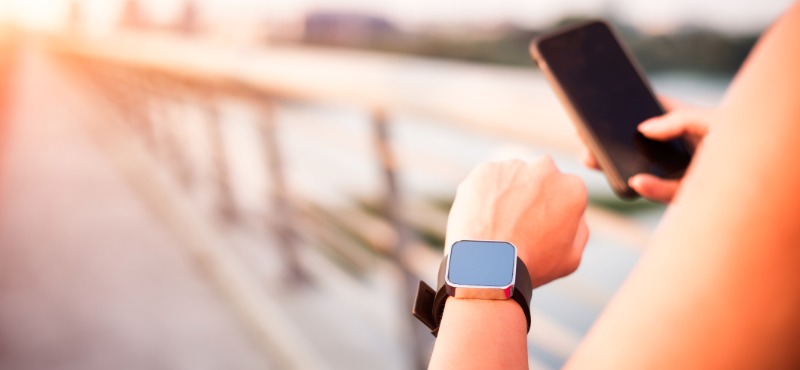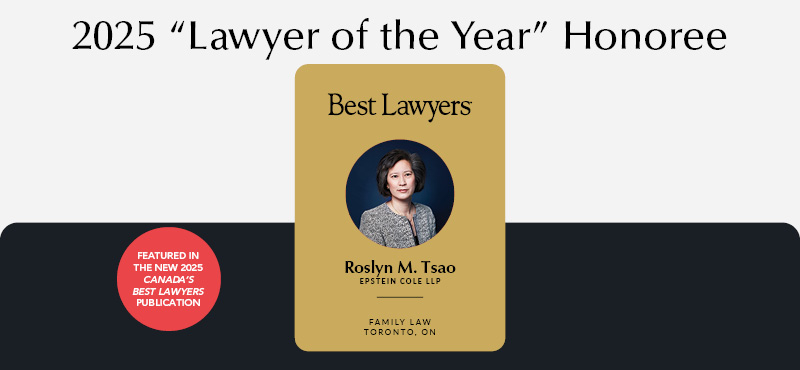When you’re involved in a personal injury claim, it’s easy to focus on what you can put your finger on and forget the intangible. However, in the eye of the law, "virtual" is real. So, a word of caution: wearables can make or break your case.
Nowadays, it is not only your usage of social media and texting related to a personal injury that can be discovered and given in evidence against your claims. For example, substantiating a counter-claim of negligence on your part (for instance, texting before a car crash) or destroying your claim altogether (such as by posting a photo on Instagram showing you at the movies when you claimed you slipped on the wet floor of your local supermarket).
These days, your smartwatch can testify against you in court; your phone can strike a blow to your claim; your sports band can rescind your settlement agreement.
"Can attorneys subpoena Siri records? Will the judge hear your Echo ?"
Your wearables tell a story about what you do that you may not even know of, glued as you are to your technology to where you might no longer realize you are “wearing” it. Consider this: if you own the above devices, you are wearing a witness that can speak up against you, whether correctly or not. There are specific ways your smart technology can be used for or against you:
- Collecting data on movement. Smartphones today often incorporate sports trackers or plain GPS trackers. If you have activated them at any point, they might just show up in court to say you went trekking the weekend after your debilitating car crash.
- Collecting data on location. If you are considering claiming damages for a broken leg on the steps of your local museum, are you sure your smartwatch won’t yield data saying you were really at Lake Tahoe, doing shots with your childhood friends?
- Collecting data on contacts. “Your Honor, I had no prior contact with this witness” won’t hold much water when WhatsApp records show you exchanged messages the day before your accident. And “I didn’t instruct him on what to say” may be true about regular phone calls, but your Hangouts may tell a different story.
Potential problems
Wearables are not attached to their owners. Data might be skewed by lack of GPS signal, lending wearables to friends and relatives, taking them off and leaving them on a nightstand for days on end, hacking with malicious intent and in many other ways. Such abnormal use will be hard to prove once the misleading data was aired in court.
We live in uncertain times when the law is just about now trying to catch up to the latest tech trends. Can attorneys subpoena Siri records? Will the judge hear your Echo requests? Can Google yield your GPS data? For now, technology has not figured prominently in legal cases, but judges and the general public are becoming increasingly tech-savvy, and the current administration seems bent on encouraging a lax interpretation of privacy for access to private data for federal authorities. We can, therefore, expect that soon our voice and physical tracking apps will be discoverable under the Fourth Amendment. Be ready for when that moment comes. Know that you can use your wearables to make your case, by showing the consistency of claim and data. But be also mindful that your wearables can be used against you.

















